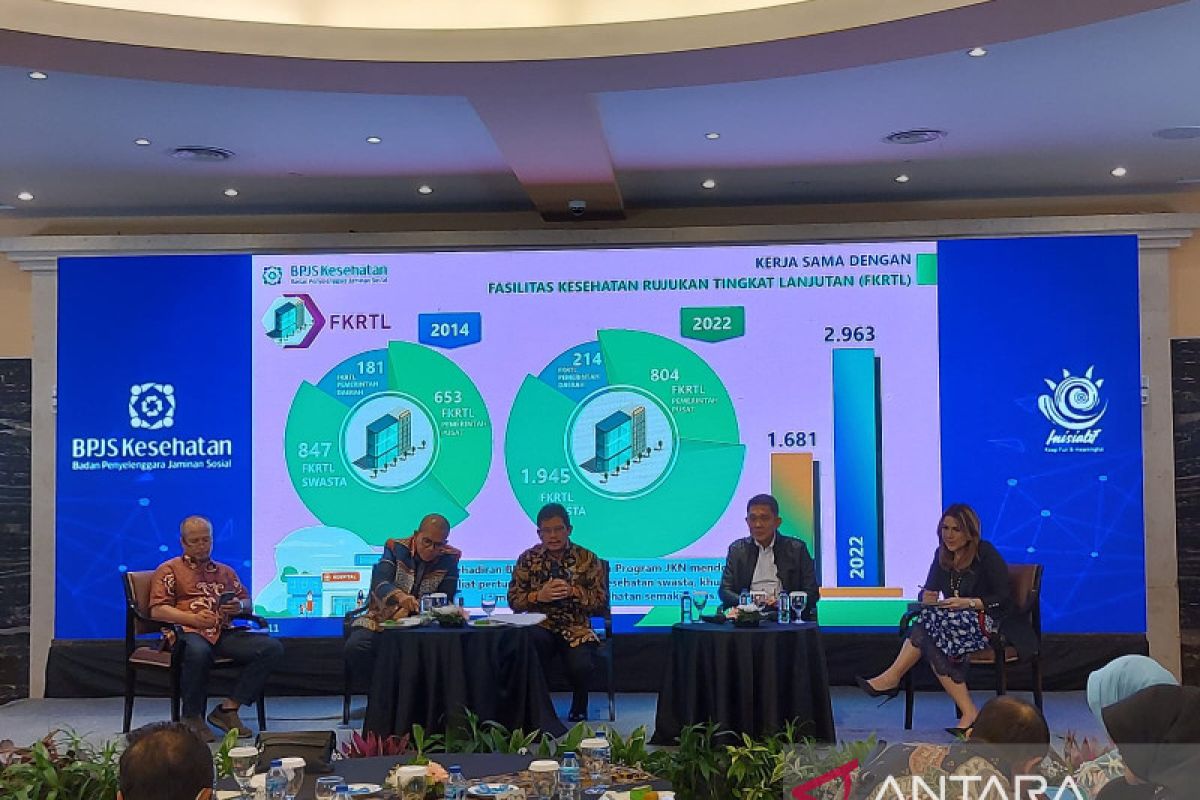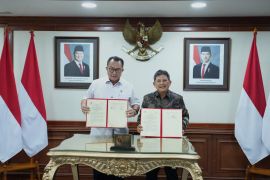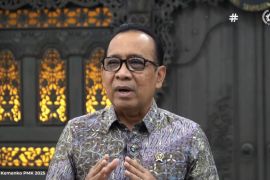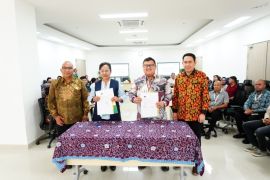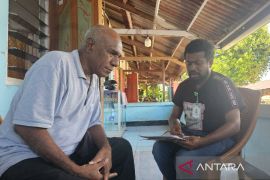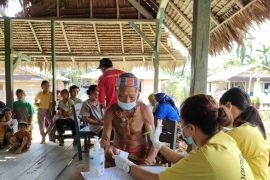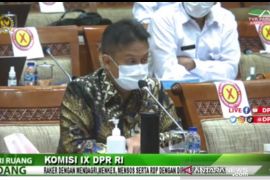"Over almost a decade, the JKN has developed into a strategic program that has made a major contribution and opened access to health services for the public," he observed during a public discussion on "Outlook 2023, Ten Years of the JKN Program" here on Monday.
According to him, not only has the agency united previously separate social health insurance schemes in Indonesia, it has also created a strong and interdependent JKN ecosystem for realizing Universal Health Coverage (UHC) for Indonesians.
"JKN's participation jumped from 133.4 million in 2014 to 248.7 million people in 2022. This means that more than 90 percent of the Indonesian population has been secured with the JKN program," he highlighted.
In almost 10 years, JKN's revenue from the participants' costs has increased from Rp40.7 trillion in 2014 to Rp144 trillion in 2022, he said.
In its early days, BPJS Kesehatan had recorded deficits, but now, it has returned to a healthy track with the help of various efforts, he added.
BPJS Kesehatan is also actively carrying out disease prevention campaigns, such as health screenings to detect disease risks and prevent further impacts of diseases.
Mukti also assured that there will be no holdup in claims for hospital costs. "In fact, to maintain cashflow, we can pay part of the hospital cost claim before it is verified so that hospitals can serve JKN patients optimally," he explained.
On the same occasion, deputy for human development at the Presidential Staff Office (KSP) Abetnego Tarigan said there are three things that need to be considered in the JKN program’s development, namely improving service quality, ensuring affordable fees, and increasing efforts to realize UHC.
Related news: KSP pushes informal workers' participation in social security
Related news: 7,000 babies dying yearly due to lack of specialists: health minister
Related news: Number of BPJS Ketenagakerjaan active participants reaches 36 mln
Translator: Andi F, Kenzu
Editor: Azis Kurmala
Copyright © ANTARA 2023
